A new report from the Canadian Constitution Foundation (CCF) examines all ten provinces’ liquor laws and grades them according to how open or protectionist they are. Manitoba scored highest by a significant margin, with Ontario at the bottom of the rankings.
The full report can be found here (theccf.ca/tradereport).
The report considers factors such as: price relative to other goods, openness to interprovincial trade, range of products available, whether provincial regulations favour local products, freedom to transport alcohol into the province, public control of sales, and marketing restrictions.
While Manitoba was the only province to receive a net “positive” score, this should not be confused with true openness to free interprovincial trade. Even Manitoba has a long way to go before it is as free as the systems in most European countries or U.S states.
The report also makes the legal and economic case for free trade within Canada for a general audience and summarizes existing studies showing the high cost of interprovincial trade barriers generally, and also specifically with alcohol.
Quotes:
CCF Staff Lawyer Derek From said:
Overall, the report shows that every Canadian province has a long way to go before we achieve anything like free trade in wine, beer, and spirits within Canada – the sort of free trade that our constitution envisaged. That said, Ontario’s dismal grade should not be surprising to anyone who has dealt with the LCBO or the Beer Store, or heard then-Premier Kathleen Wynne describe the idea of opening up the government sales monopoly as a “reckless” “culture shift.”
Report author Franco Terrazzano said:
While the constitution intended us to have free trade within Canada, there are, in fact, significant and costly provincial trade barriers that cost Canadians billions of dollars. While this report focuses on one industry – beer, wine, and spirits – the problem described exists across most industries.
The Canadian Constitution Foundation (“Freedom’s Defence Team”) is a registered charity, independent and non-partisan, whose mission is to defend the constitutional freedoms of Canadians through education, communication and litigation.






